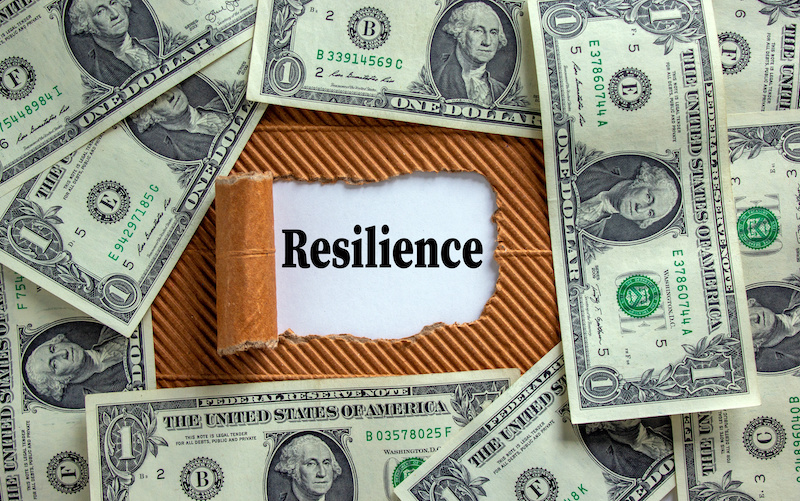Carnival Will Pay $20m Over Pollution from Cruise Ships
Curt AndersonJune 3, 2019

Carnival Corp. President Micky Arison, left, arrives at federal court, Monday, June 3, 2019, in Miami. Carnival Corp. is in federal court for a hearing on what to do about allegations that it has continued polluting the oceans from some of its cruise ships despite agreeing years ago to stop. (AP Photo/Lynne Sladky)
MIAMI — Carnival Corp. has reached a tentative settlement with federal prosecutors in which the world’s largest cruise line agreed to pay $20 million in fines for some of its ships continuing to pollute the oceans despite promising years ago to stop.
The world’s largest cruise line acknowledged in court documents Monday it violated terms of probation from a 2016 criminal conviction for discharging oily waste from its Princess Cruise Lines ships and covering it up. Carnival paid a $40 million fine and was put on five years’ probation.
In the new documents, Princess “admits that it committed the violations” outlined earlier this year by prosecutors. These include dumping “gray water” in prohibited places such as the Bahamas and knowingly allowing plastic to be discharged along with food waste, which poses a severe threat to marine life.
The proposed settlement was signed by Carnival Chairman Micky Arison, a billionaire who also owns the Miami Heat.
Senior U.S. District Judge Patricia Seitz scheduled a hearing later Monday on whether to accept the agreement. Seitz previously threatened to bar Carnival from docking at U.S. ports because of the violations.
Miami-based Carnival operates nine cruise brands and 105 ships worldwide.
Under the proposed settlement, Carnival promised there would be additional audits to check for violations, a restructuring of the company’s compliance and training programs, a better system for reporting environmental violations to state and federal agencies and better waste management practices.
The agreement also would set Sept. 13 and Oct. 9 deadlines to create an improved compliance plan and make other changes, subject to fines of $1 million per day if those deadlines are not met.
Other proposed changes include a reduction by Carnival in the use of single-use plastic items across its entire fleet and creation of “tiger teams” meant to make improvements in the ships’ food and beverage systems and how waste is handled at sea.
___
Follow Curt Anderson on Twitter: http://twitter.com/Miamicurt


